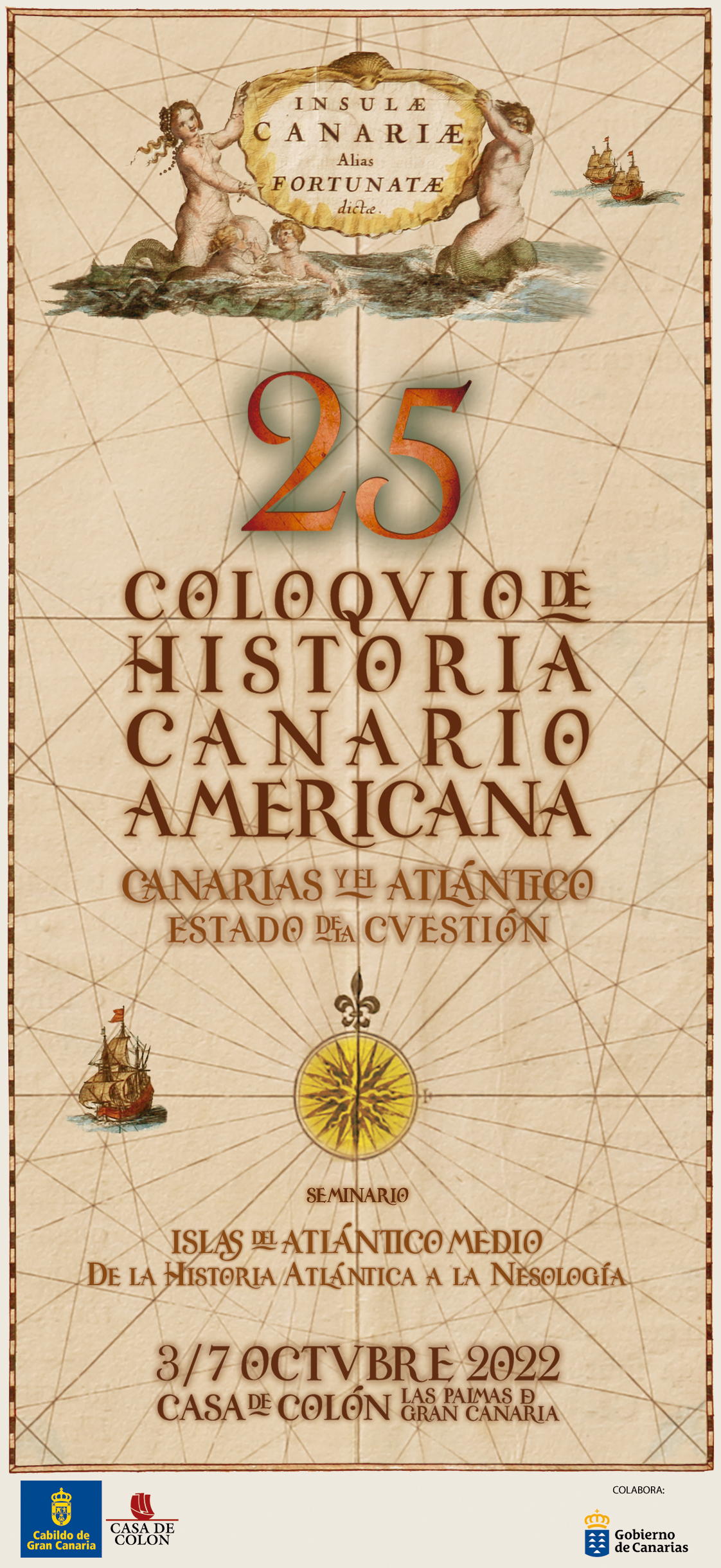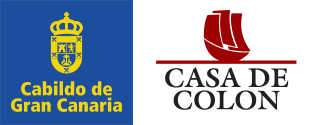Expediciones científicas inglesas en Canarias y la invención del turismo / English Scientific Expeditions to the Canary Islands and the Invention of Tourism
Resumen
Este trabajo pretende estudiar cómo fue el proceso de descubrimiento de la idoneidad del clima de las Islas para la convalecencia de determinadas enfermedades y que en definitiva supuso el despegue del turismo en Canarias. La literatura de viaje en Canarias está llena de referencias a la benignidad de nuestro clima, sin embargo, por razones obvias me ocuparé solamente de la literatura de viaje escrita fundamentalmente por naturalistas y médicos que se detuvieron en el análisis del clima insular. Sus preocupaciones fueron el estudio del tiempo de las islas de Tenerife y Gran Canaria, que consistía en la temperatura, del aire y del agua del mar, humedad, el viento, la condición del cielo y las nubes, la neblina, la lluvia y otros fenómenos meteorológicos, incluso recursos hídricos. En definitiva, la geografía física de Canarias, o si se prefiere geografía medica. No obstante, aunque algunos navegantes no hicieron referencia directamente a la climatología, sí fueron importantes por sus prestigios y barcos de leyendas en los cuales viajaron, aunque como es obvio les daré menos cobertura que a aquellos navegantes que jugaron mayor protagonismo en el tema de estudio. Así pues, es necesario ocuparme de la mayoría de los navegantes, naturalistas y viajeros desde el siglo XVIII hasta el siglo XIX.
This work aims to study the process of discovering the suitability of the climate in the Canary Islands for convalescence from certain illnesses, which ultimately led to the takeoff of tourism in the region. Travel literature about the Canary Islands is full of references to the benignity of the climate, but for obvious reasons, I will only focus on travel literature written mainly by naturalists and doctors who analyzed the island climate. Their concerns were the study of the weather in Tenerife and Gran Canaria, which included temperature, air and sea water temperature, humidity, wind, sky and cloud conditions, fog, rain, and other meteorological phenomena, including water resources. In short, it was the physical geography of the Canary Islands, or if you prefer, medical geography. However, although some navigators did not directly refer to the climate, they were important for their prestige and legendary ships on which they traveled, but I will obviously give them less coverage than those navigators who played a greater role in the topic of study. Therefore, it is necessary to focus on the majority of navigators, naturalists, and travelers from the 18th century to the 19th century.




